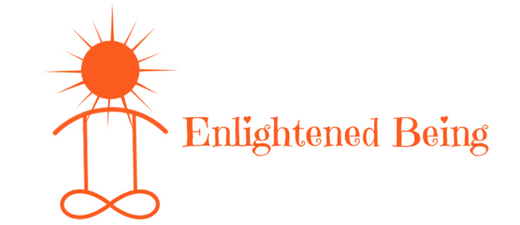Bronnie Ware, a palliative carer from Australia, spent most of her life caring for people with serious illnesses and listening to their deathbed regrets. In 2012, she wrote “The Top Five Regrets of the Dying – A Life Transformed by the Dearly Departing”, a book detailing what people on their deathbed regretted the most. What’s revealed in the book is a painful reminder to us all.
Also Read: YOUR MENTAL BREAKDOWN WILL LEAD TO A SPIRITUAL AWAKENING
The number one regret of the dying is “I wish I’d had the courage to live a life true to myself, not the life others expected of me.” In our pursuit of living up to false standards, we spend our lives doing things we do not like. Instead of doing things that uplift our souls and make us happy, we spend our time with things that we think will be accepted by others. What does this tell us? Do we really care so much about other people’s opinions of us rather than our own?
Watch this article in a video format:
American psychologist Tim Kasser has written over 120 scientific articles on topics such as materialism, values, goals, and well-being. Dr. Kasser’s research suggests that wealth and status do not equate to well-being. Contrary to popular belief, it has the opposite effect on us. His books have exposed the illusion that happiness is a result of materialistic pursuits. Every person has two kinds of motivation that drive them. He used the terms “Intrinsic” and “Extrinsic” to describe this motivation that is responsible for happiness and well-being in people.
Let’s says you like to play the piano and you do it just because you love to play the piano. That becomes an intrinsic reason to play the piano. You don’t play the piano to impress anybody, to earn money or respect, or to get anything out of it. You just do it for yourself. You do it because it gives you joy. On the other hand, consider a case where you were made to pursue a law degree because you came from a family of lawyers and that’s what was expected of you. This becomes an extrinsic reason to do something. In this case, you don’t pursue law because you have been in love with it all your life. Rather, you do it out of compulsion, either to satisfy your family, earn a living, impress your peers or massage your ego. It doesn’t nourish your soul in a way that playing the piano would.
People who pursue intrinsic goals display a much higher level of well-being than those focused solely on extrinsic goals such as their social status. People still pursue things due to extrinsic reasons, not because it gives them joy, but because it gives them something further down the line. Dr. Kasser found that the more you are driven by extrinsic values in life, the more your intrinsic values are starved. This will lead to a significant increase in mental health issues such as anxiety and depression. The lack of courage to live the life we want is often disguised as the illusion of meritocracy and acceptance.
If you walk down the busiest street in your town and ask one person after another what they would like to do if they had a million dollars, most of them would say they would travel, start painting again, start a business they’ve always wanted, become a writer or pursue some other passion that they’ve always wanted to do. All these people already know what they desire, but either through circumstances or through an emphasis on extrinsic values, they never live up to that dream. People either never muster the courage to live the life they want, or they wait for such a turn of fortune to bless them with a means to justify how they live.
On rare occasions, you might meet someone who will tell you that they would continue to live their life the way they are doing right now and go to the same job they always do. These people are so well adjusted to the workings of society that they have forgotten their intrinsic values altogether. Each one of us has an inner child with an intrinsic value but constant pursuit of extrinsic values will only stifle it out of the conscious mind.
We are driven by this desire to either be accepted by our peers or to draw envy from others which leads us to live an extrinsically focused life that we think others will admire but instead all we’re doing is living a life that we never really enjoy. Our culture is a system that conditions us to neglect what is important to our lives. The result is that we’re trapped in a cage that we cannot see, smell or touch – a cage that constantly causes us to do things that are commonly accepted. If we focus on living the life that we desire and one that we have chosen for ourselves, the other regrets on Bronnie Ware’s list could potentially be avoided.
Also Read: HOW TO DEAL WITH NEGATIVE PEOPLE AROUND YOU?
One day when you wake up and realise that your life is almost over, you will look back on your story with clarity. You will not think about how well you fit in or what you’ve achieved or how many followers you have amassed on social media. The only thought that would cross your mind is whether you got out of life what you truly desired in your heart. Bronnie Ware’s experiences teach you that you have one life and it is too short to leave your dreams unfulfilled and worry about what doesn’t uplift your soul. Next time you’re about to make an important choice about your life, ask yourself this: Who are you really doing it for?

